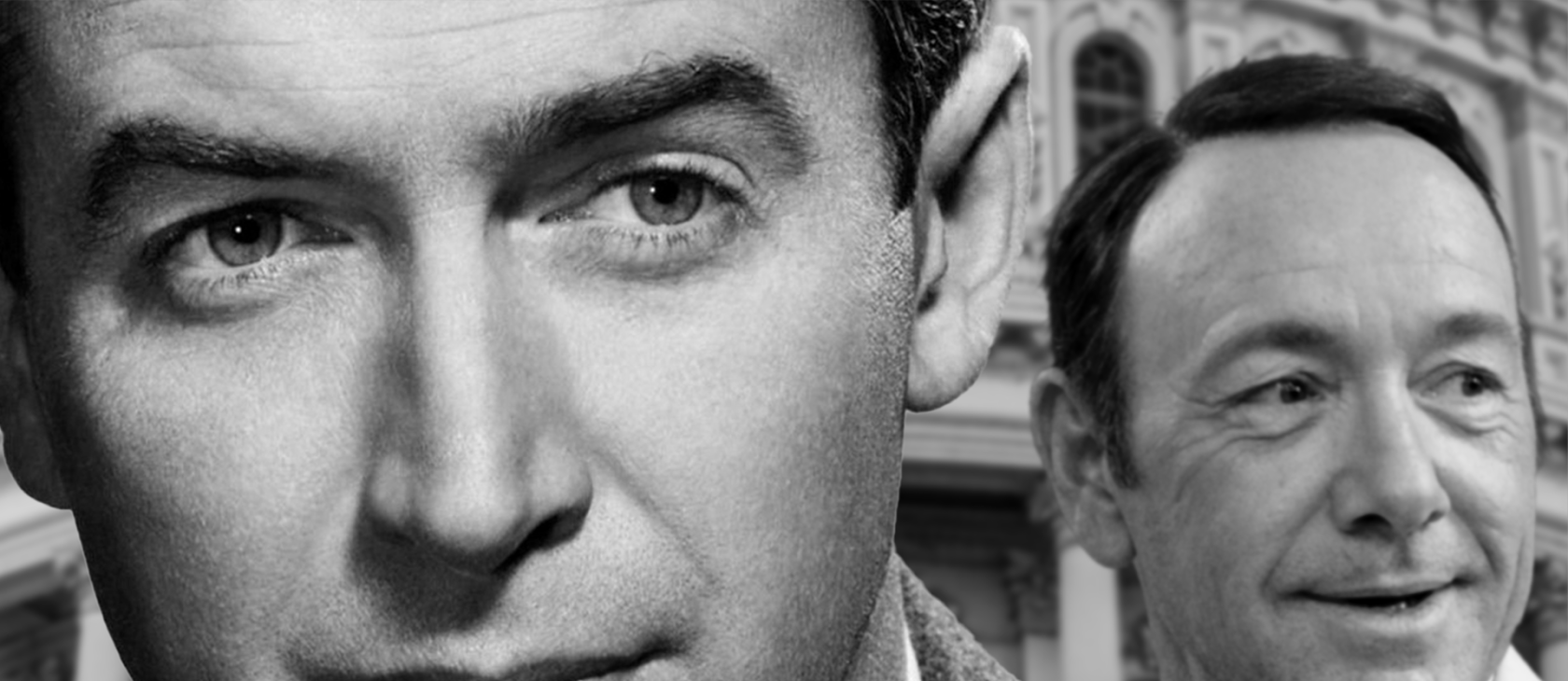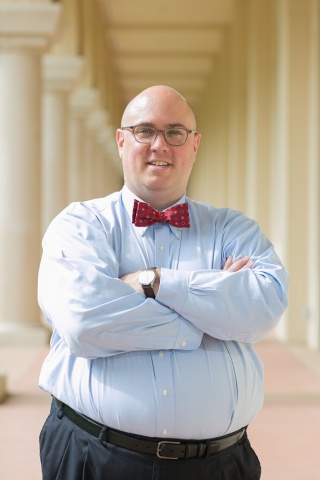Despite my vocational proximity to politics as a think tank leader and public interest attorney, I must confess: I don’t have much use for it. I’m rather put off by those smitten with the power that politics affords and have seen far too many friends and acquaintances go to Washington as Jimmy Stewart’s Mr. Smith only to emerge as Kevin Spacey’s Frank Underwood. But must politics always be morally and spiritually corrosive? Political strategist, former Obama staffer, and evangelical Christian Michael Wear says no.
We live in paradoxical times. Christians are chided for being both too ideological and not sufficiently politically engaged. Is there a way for people of faith to inform the body politic with a moral knowledge that encourages human flourishing and not merely party loyalty?
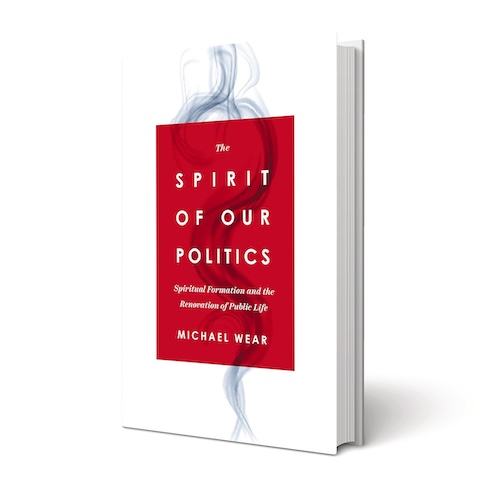
By Michael Wear
(Zondervan, 2024)
“Politics is not uniquely challenging to faithfulness, even given the fact that there are unique challenges.” Not only is it possible for Christians to pursue politics, Wear argues in The Spirit of Our Politics: Spiritual Formation and the Renovation of Public Life—they should be engaged in and even view politics as a force for human flourishing.
Given my confession above, I admit to some skepticism. First, I’m a conservative in the tradition of Alexis de Tocqueville. I believe there are more productive and durable ways to get things done than through politics. Second, Michael and I are on opposite sides of some important political issues. Needless to say, I would not have been on the short list for a position in the Obama White House. And third, my default is to think of “politics” not as too “dirty” for Christian engagement but as irretrievably tainted as a field most attractive to pragmatists enamored of power. I’m repelled by those who think of living in D.C. as consonant with their “personality” rather than a fact of geography or job proximity.
Despite these early handicaps and some small disagreements, I must admit that this is a compelling book. Wear remains focused on a uniquely Christian posture toward politics rather than policy issues per se. There’s no finger wagging at Republicans or Democrats—only optimistic encouragement for Christians to approach politics in a way deeply informed by their faith and for the good of their neighbors.
An Australian professor once told me that American public discourse always devolves into sheltering in one of two trenches and firing at anyone in the middle as a hopeless compromiser.
Those who claim that faith is somehow above politics are actually committing a ‘fatal error’ and act in reality as if faith is insufficient for politics.
Every new social issue provides a new fault line, and we tend to choose our trench based on whose trench we’ve been in before rather than based on principled moral reflection. Unfortunately, this tendency is just as true for American Christians as it is for any other group of American citizens. As Wear notes, only 3.5% of Americans would vote against “their preferred candidate in response to undemocratic behavior.” We apparently put up with a lot from those in our own trench that we’d never countenance from others.
The central argument of The Spirit of Our Politics is that those who claim that faith is somehow above politics are actually committing a “fatal error” and act in reality as if faith is insufficient for politics. Faith, Wear rightly observes, is largely understood to be private and personalized, which makes it inadequate for the challenges presented in the public square. Consequently, faith is viewed either as irrelevant or merely a tool for advancing a political agenda. In the first instance, our public discourse is impoverished by a lack of wisdom that the Christian tradition can offer. In the second, Christianity is valued only instrumentally. It is useful, as C.S. Lewis’ Screwtape says, for “the excellent arguments it can produce.”
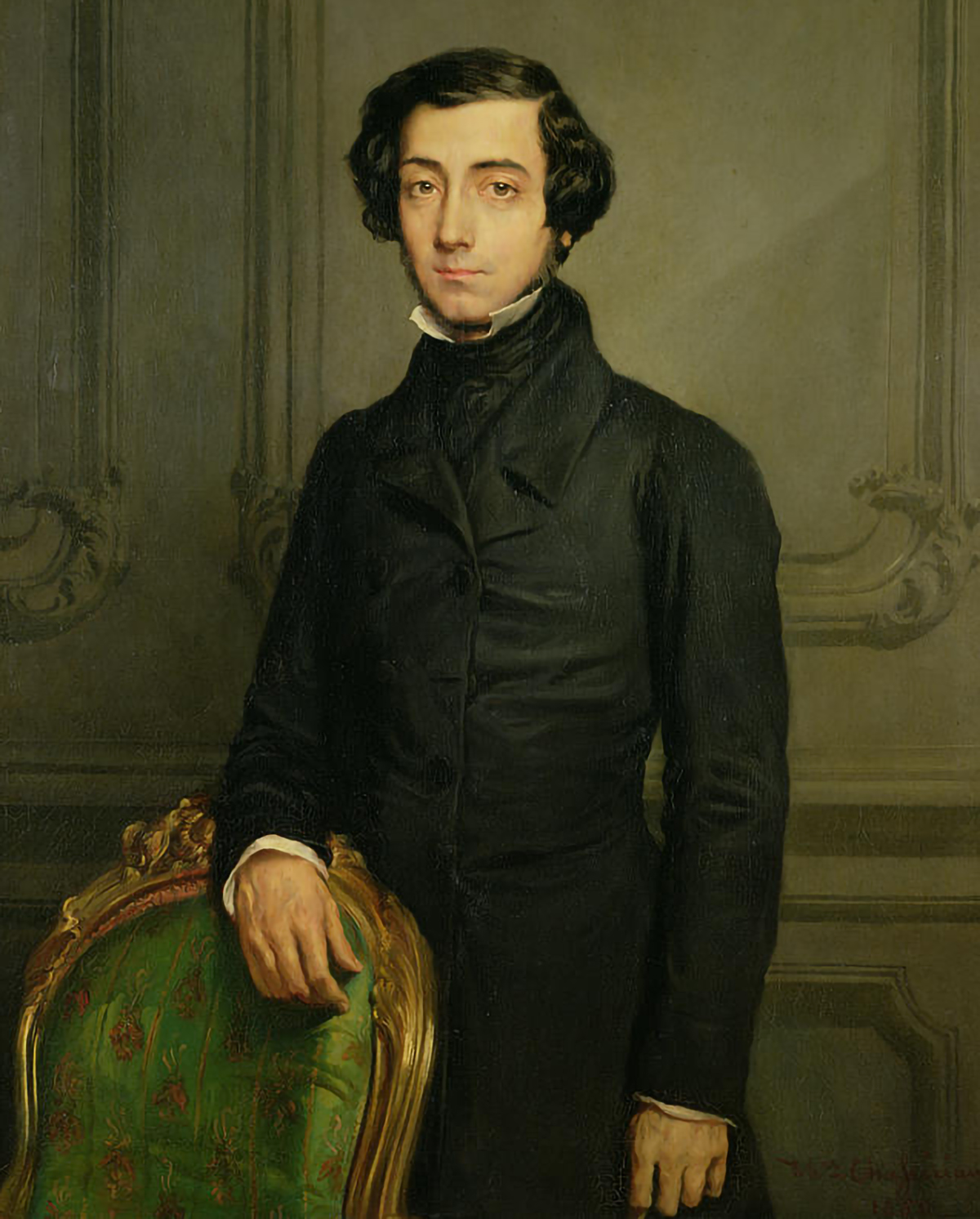
Regardless of the reason, the result is what Wear identifies as political sectarianism, “the tendency to adopt a moralized identification with one political group and against another.” More troubling is that an increasing number of Americans select their churches based not on doctrinal and ecclesial distinctives but rather on the pastor’s politics—is the pastor sufficiently outspoken or silent on political issues? Is this a church that wears masks or not? What about the COVID-19 vaccine—pro or con? QAnon? Immigration? Positions on such issues become a litmus test for Christian faithfulness rather than firm belief in the Incarnation, the Resurrection, good works that should follow faith, or any number of matters that have historically defined Christian orthodoxy.
The solution Wear proposes to this pervasive underestimation of Christianity and, by extension, of Jesus Christ Himself is relatively simple. Christians need to rediscover that who they are and what they do are inextricably intertwined aspects of the Christian life, and what they do in the political realm is influencing the type of person they are—and are becoming. Wear draws upon the wisdom of the late Christian philosopher Dallas Willard to explain the details of and the pathway toward this solution. Since Christianity is emphatically about all of life, as both Wear and Willard affirm, then Christianity is also relevant to politics and public life in ways that are concrete and substantive.
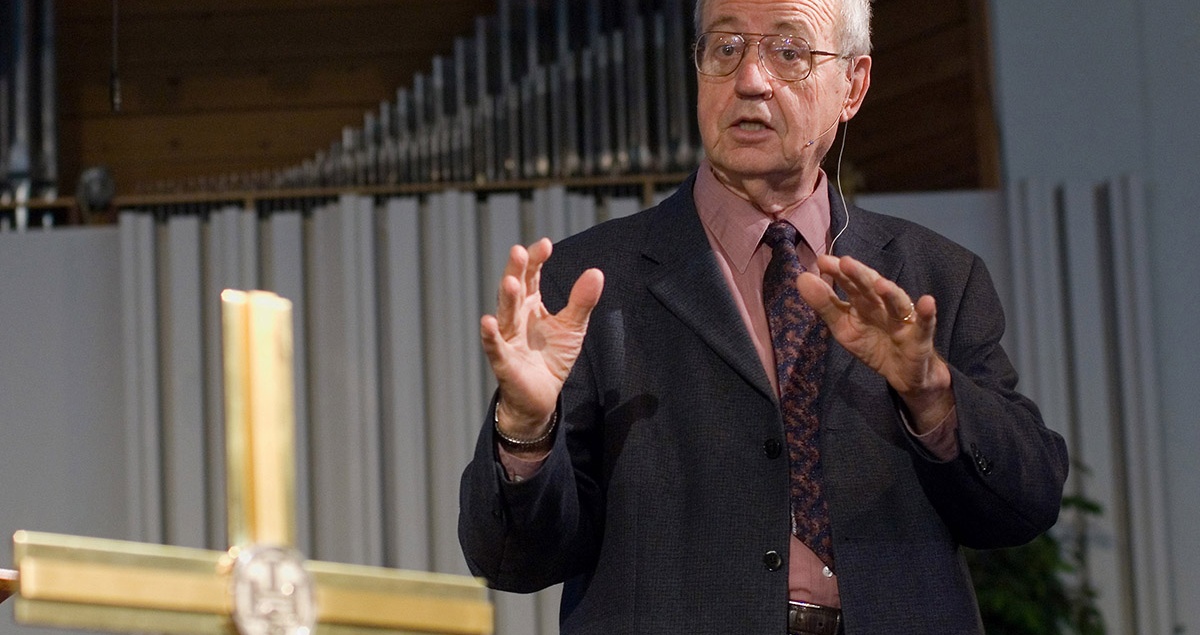
Christians on both the left and the right are guilty of both bracketing their faith off from politics and of using it as a tool to advance a very narrow political agenda. They’ve decoupled faith and reason, so they no longer understand faith as being a source of real knowledge. Faith is, as noted above, a matter of personal belief—sometimes an idiosyncratic and verypersonal belief—so whatever claims that flow from it are not, in fact, knowledge but instead personal assertions of preference, which can never be a source of confidence or courage no matter how sincerely held or articulated. Personal assertions of moral preferences can never translate into moral absolutes bearing on everyone.
Wear is not, as I think some critics might argue, urging Christians to just “be nicer” and stop vilifying those who disagree with them. On the contrary, there are several instances where he not only acknowledges the reality of political conflict but describes it as necessary. For Christians, it is imperative that they not allow the penultimate to become the ultimate, however. The faith is not “merely part of the ‘Cause,’” to borrow from C.S. Lewis again. Wear argues convincingly that they need a rediscovery of the service aspect of “public service” and to orient liturgies, spiritual disciplines, and religious practice toward an outward facing posture of love.
All this is fine as far as it goes, but Wear stops short regarding a few points. He’s exactly right that American Christians have lost what he and Willard call “moral knowledge.” This has had far-reaching negative implications for any number of aspects of both private and public life. This reality has eroded nearly every social institution upon which our society depends—the family, the church, the government, higher education, etc. The source of this erosion? Recent surveys have highlighted an alarming decline in basic knowledge about the faith. Orthodox Christian faith, regardless of denomination, has always been clearly defined by nonnegotiable theological positions, but now more and more self-identified believers are confused about basic doctrines such as the virgin birth, the deity of Christ, and the nature of the Trinity.
For Christians, it is imperative that they not allow the penultimate to become the ultimate.
This is not to say that there is a direct line that can be drawn between each phrase of the Nicene Creed and any particular political issue, but there is a truism that one’s faith is only as good as its object. Rectifying the various troubling postures among American Christians toward the public square will require not just a renewed commitment to spiritual disciplines but also an institutional recommitment in the churches to catechize believers in ways formal and informal in what they claim to believe. Christian orthodoxy is a complex tapestry of inextricably intertwined doctrinal commitments. How many essential doctrines can be compromised or abandoned before the faith that animates and informs political engagement is no longer properly called Christianity? Rooted in 2,000 years of tradition and practice, orthodoxy provides a categorical bright line so we need never face the religious and doctrinal version of the paradox of the Ship of Theseus.
Further, Wear identifies the troubling trend of treating politics as a hobby, but what he means by this is insufficient regarding the present moment, at least among Christians. He identifies political hobbyists as those who don’t really take politics seriously and view it as a form of entertainment rather than a vital aspect of life with serious consequences. This phenomenon certainly exists, but there are far too many Christian leaders who prefer the power of politics for its own sake to the burden of the prophetic, and confuse one for the other for the sake of a platform. Thus, even some professionals don’t take it seriously.
A theological education, the presidency of a Christian institution, or the pastorate of a large church does not translate into omnicompetence. Social media has only exaggerated the tendency to break into supposedly infallible camps, such that the church is reliving a problem that Paul observed among the Corinthians. Now, however, to borrow the names of those Wear directly addresses, we hear “I follow Albert Mohler, or I follow John MacArthur, or I follow Serene Jones.” Twitter (X) accounts and podcast microphones have been far too accessible and resulted in building personal brands rather than the Kingdom of God.
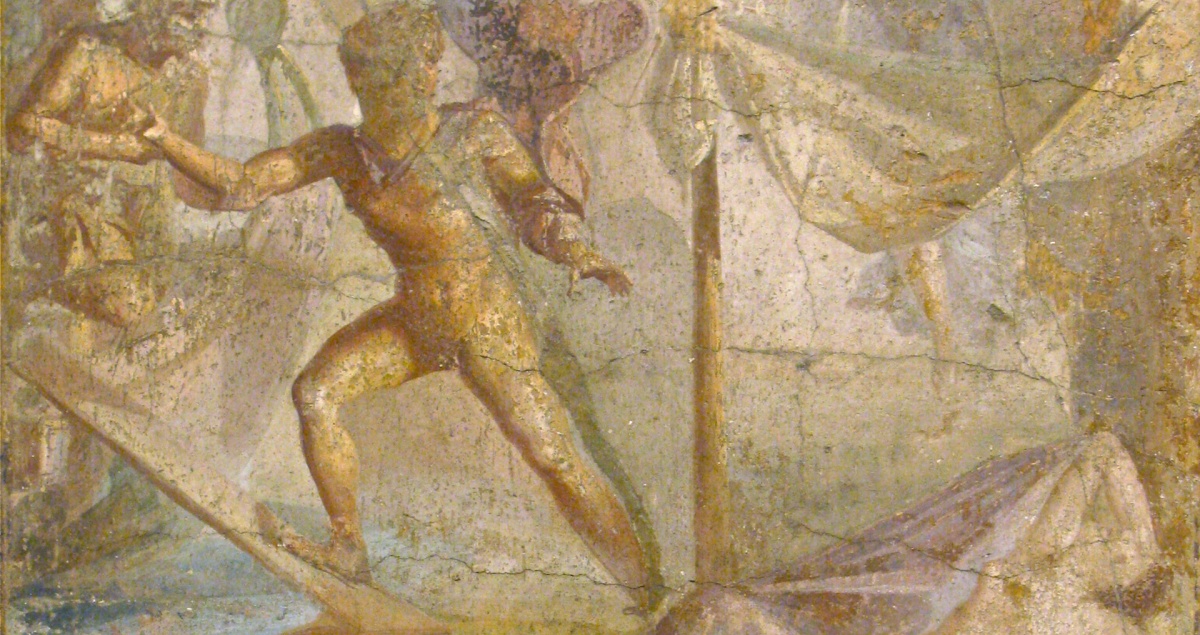
Wear also takes to task those who understand the faith to be primarily about getting souls into heaven and abandoning all concern for earthly endeavors. This is certainly a concern of Dallas Willard and plenty of other thoughtful Christians. But Wear underestimates the value of cultural Christianity. To be fair, he does not accept the unqualified criticism of those who question the vitality or sincerity of the type of spirituality found in modern Europe that often appears merely to be ritualistic and rote.
Wear’s defense of this formalistic expression of the faith, however, seems to be limited only to the personal piety of individual Christians and congregations. This tends to be a common theme in American Christianity. Where Christians have marked societies, they have sown the seeds that have blossomed into much of what is right and good about Western civilization. The very idea of “inalienable rights” owes itself to Christian faith informing politics. Many have attempted to sprint away from the influence of Christianity in the public square, but Christian thought has infused Western political and cultural institutions to the extent that it simply cannot be extracted without destroying much of what’s agreed upon as valuable. “Tradition is,” wrote Jaroslav Pelikan, “the living faith of the dead.” Many Christians in the West have problematically traded tradition for traditionalism, which Pelikan calls “the dead faith of the living.” But too many have also traded the living faith of the dead for liturgical spontaneity and ecclesial innovation and are surprised to find that political ideas rooted in the long history of the faith, like the notion of human rights and individual dignity, become unmoored and weaponized against them. When contrasted with the social, cultural, and political fruits of any alternative set of metaphysical commitments that have actually been instantiated, almost anyone would opt for a ritualistic or rote cultural Christianity whether or not accompanied by what appears to Americans to be personal piety.
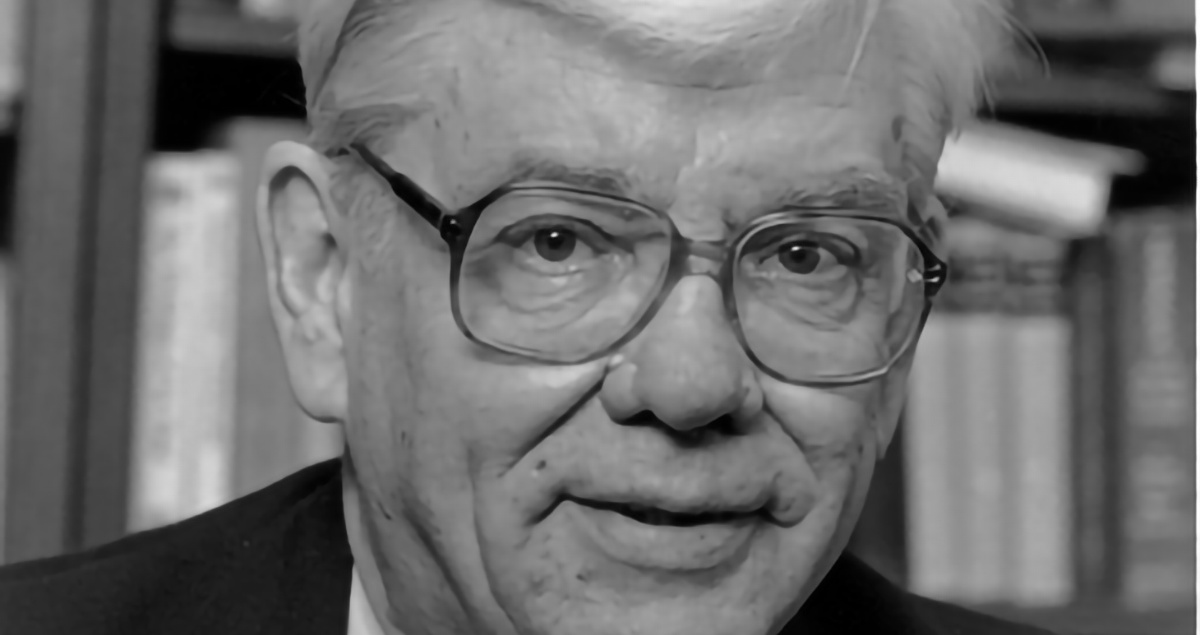
Relatedly, I also think Wear is a bit too optimistic regarding some political actors in the public square. In the months since his manuscript went to press, we have seen a shocking resurgence of anti-Semitism even in polite society. Many of those who expound an identity politics and intersectionality can barely conceal their contempt for “the system” and do not come to the public square in good faith. How can we dialogue with those who have intentionally embraced the irrationality of critical theories whose goal is to destroy the foundations upon which reasoned debate can happen in the first place?
This is an outworking of Wear’s discussion of the decline of moral knowledge and the rise of personal assertions of moral preference, but this reality presents far more serious threats than Wear acknowledges here. This phenomenon reveals a wider trend to reduce moral reasoning to intuition and preference, and moral disagreement to bigotry and bias.
We live in a world that was turned upside down by the coming of Christ and the altruistic obedience of His followers. Even many non-Christians recognize the force for good it has been over the past 2,000 years and the West’s indebtedness to it for some of our most transformative political concepts. Wear’s optimism and hopefulness are embedded in history. A resurgence among Christians of civility, service, and confidence in the relevance and sufficiency of their faith will make a difference, as Wear’s final chapter asserts.
I still maintain many of the presuppositions that I brought to the book: I still think there are better, more durable ways to change the world than through politics. But I do share Wear’s confidence that in such a time of deep division, the political world needs that which Christians can uniquely offer: hope.







